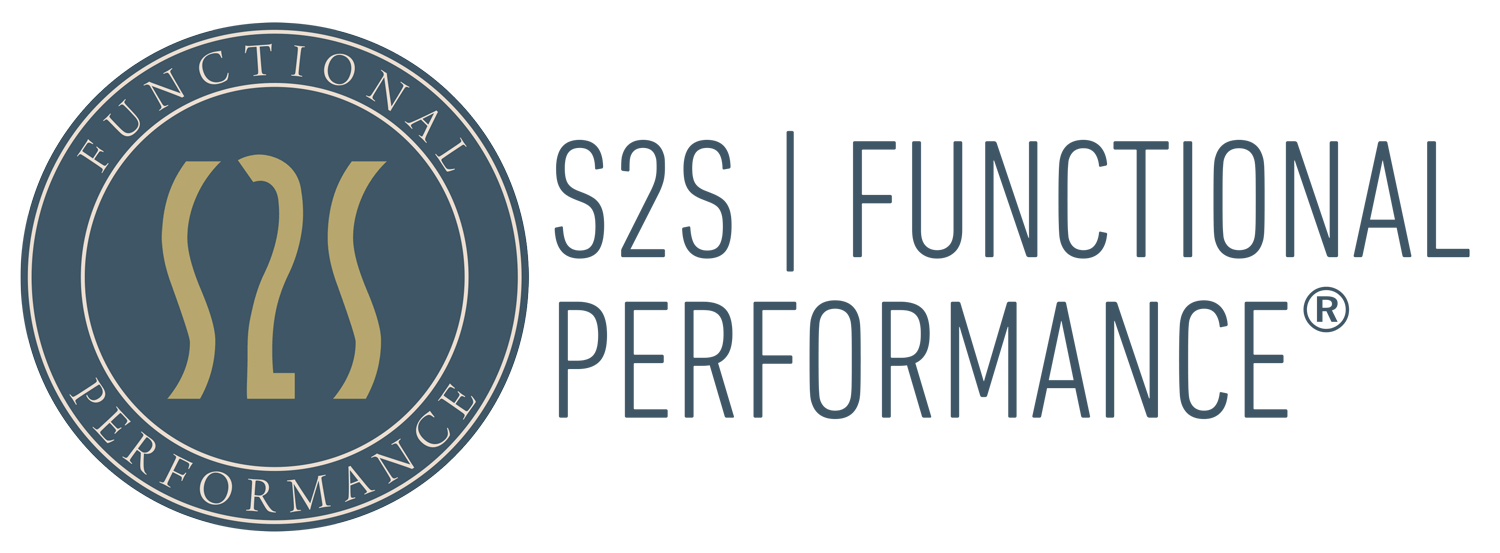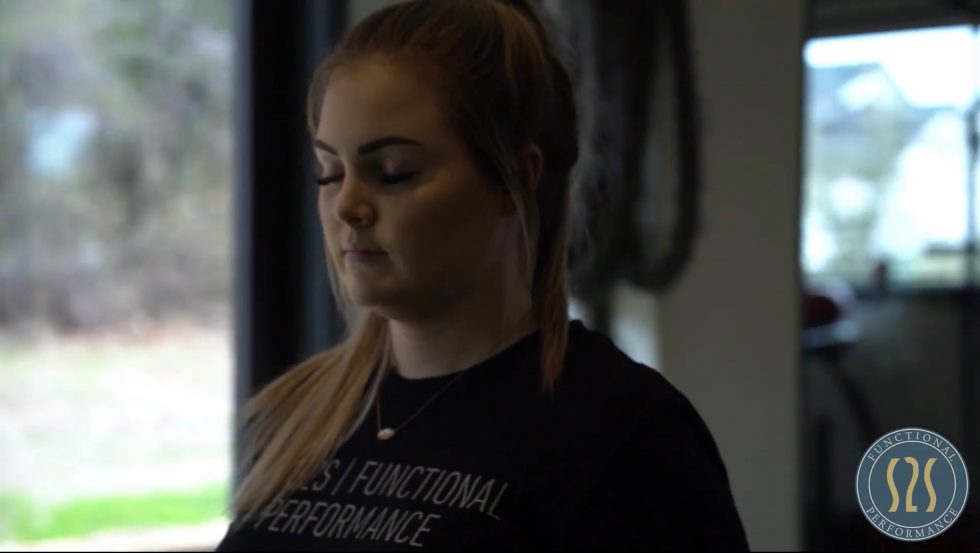Most of us, if not all, of us have heard the saying “You are what you eat”, but did you know that “You are what you think” is also true? It can seem to most of us that we are surrounded by negative news, stressors, and challenges when we’re more surrounded by positive news, excitement, and achieved goals. If this is the case, then why do we tend to remember the negative more than the positive?
Our brains have the tendency to default to negative information. Scientists have conducted numerous studies that show that our brains chemistry and biology have a stronger hold on negative information than they do positive information. The theory is that this is actually a survival mechanism that humans developed many years ago to ensure that we paid attention to the dangers that surround us. This negative bias, as Randy Larsen, PhD (https://psychweb.wustl.edu/larsen) describes it, can make it difficult for us to remember the positive interactions, statements, and words that help us maintain a healthy mindset. This occurrence not only impacts our psychological well-being but our physical well-being as well. Think about it, a student who gets straight A’s gets a C on an exam. The C becomes the focus and not all the A’s that they earned previously. The weight that we put on the negative information is disproportionate to the positive information. In other words, negative holds more space in our mind than the positive does.
Now that we recognize that this mental phenomenon exists in all of us, why should we put in the work to counteract this occurrence? Well, the intake and absorption of negative information can take a toll on us. We are more likely to experience feelings of anger, depression, and insecurity. Our physical well-being also takes a hit since we are more likely to experience low-energy and loss of motivation to engage in physical movement. Overcoming this negative bias can take some work but with the right mental tools and tricks it can be done!
So, what tools should we be keeping in our mental toolbox to help us stay in a positive space? Here are a few of the tools that we should all use daily:
- Self-talk! We are told to treat others with kindness, but do we follow that same advice for ourselves? Our self-talk should be encouraging and kind.
- Practice interrupting the negativity! When we recognize that the information that we are receiving is negative, interrupt the process by listening to music, attending a workout class, or reading a good book (Jaworski, 2020).
- Actively seek out the positive! Look for the good in the news and throughout our daily interactions. Remember, the weight of negative information and positive information is disproportionate, so we must work harder to increase the positive weight.
Remember, positive over negative. Let’s try hard NOT to remember the negative more than the positive. While this seems like a simple statement, the steps that it takes to make this statement true require us to work for it. Training our brains to focus on the positive will help us in all areas of our lives and bring more happiness into the picture.
References:
Jaworski, Margaret. (2020, Feb. 19) The Negativity Bias: Why the Bad Stuff Sticks. PsyCom. https://www.psycom.net/authors/margaret-jaworski

